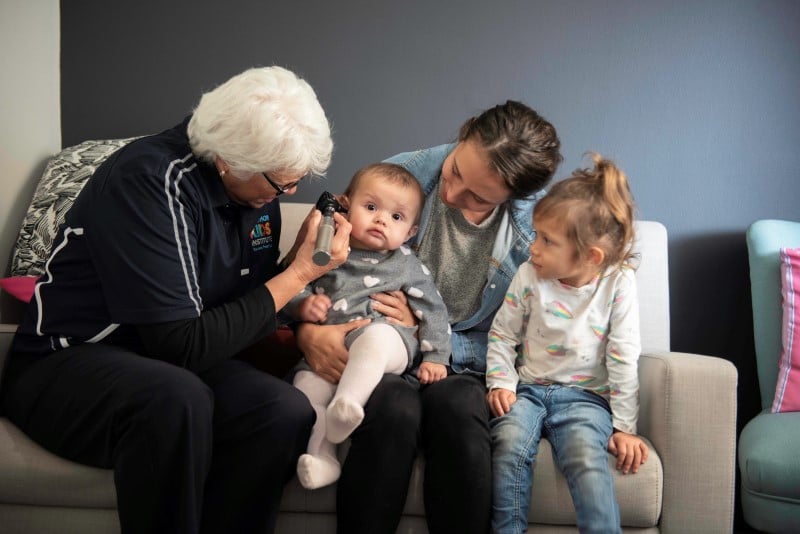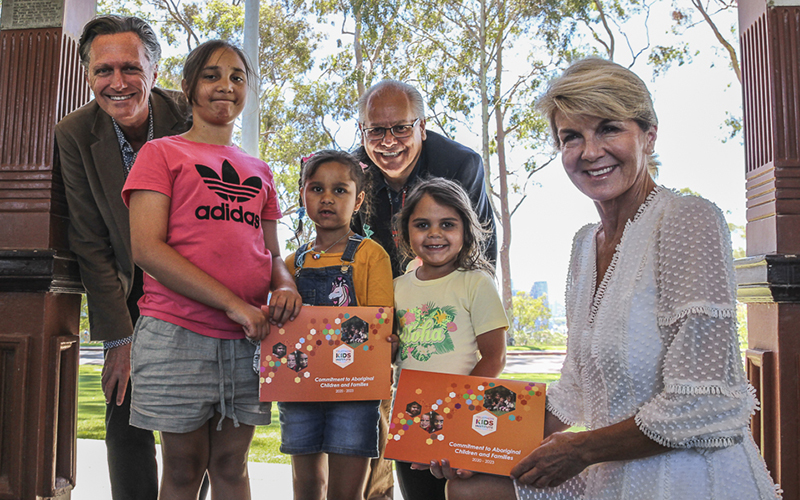Search
Showing results for "aboriginal respiratory"
Our aim was to identify program elements, exploring participants’ perceptions of the program's suitability, feasibility, acceptability and effectiveness.

The Wesfarmers Centre of Vaccines and Infectious Diseases has appointed Mrs Valerie Swift to a newly created Aboriginal Cultural Guidance Advisor position.

We will prioritise our partnerships with Aboriginal families and communities across Western Australia and beyond to improve the health and development of their children.
Experts in Aboriginal infectious disease research are in Perth this week for the National Indigenous Immunisation Research Workshop (November 7-8).
esearchers from Perth's Centre for Research Excellence in Aboriginal Health and Wellbeing have won more than $1.3 million in competitive funding
A new study has found that swimming pools in remote Aboriginal communities can dramatically reduce rates of skin, ear and chest infections
The head of Indigenous research at Perth's The Kids for Child Health Research has been honoured as the 2008 National NAIDOC Person of the Year.
Most estimates of stroke incidence among Aboriginal and Torres Strait Islander (hereinafter Aboriginal) Australians are confined to single regions and include small sample sizes. We aimed to measure and compare stroke incidence in Aboriginal and non-Aboriginal residents across central and western Australia.
Aboriginal people use health services in a different manner when compared to non-Aboriginal people

A project, lead by Aboriginal and Aboriginal LGBTQA+ researchers examining the mental health of young Aboriginal and Torres Strait Islander LGBTQA+ people, is launching a nation-wide survey, to help drive meaningful change for the community.
